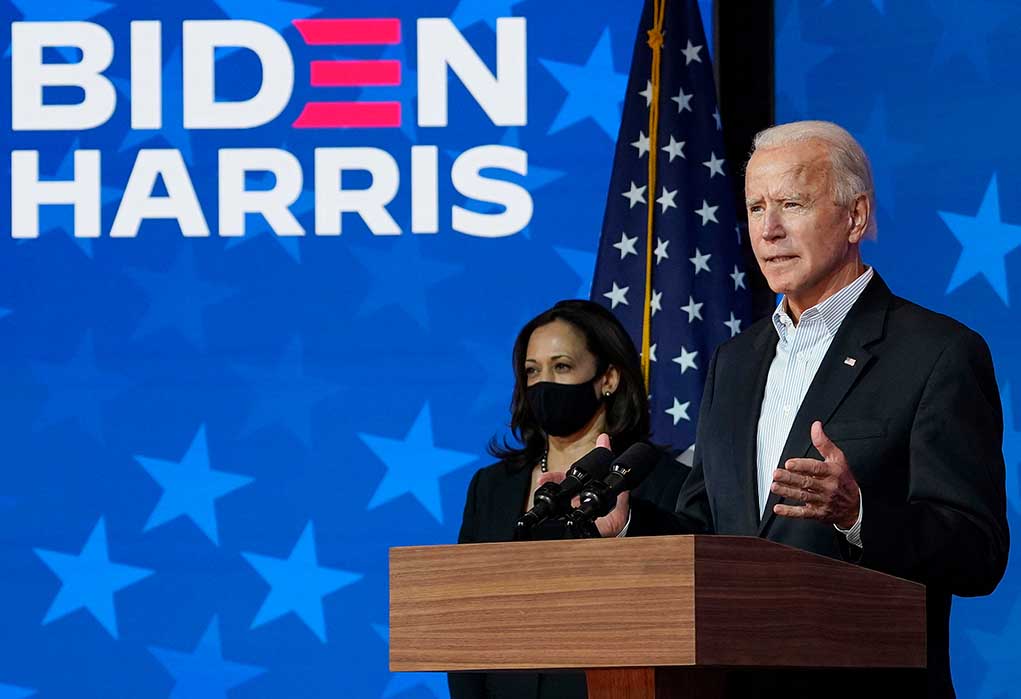
America’s unwavering commitment to human rights in foreign policy is faltering as globalist priorities take precedence over traditional values, leaving patriots questioning if national interests are being sacrificed on the altar of international approval.
Key Takeaways
- U.S. human rights policy has shifted dramatically across administrations, with recent globalist approaches undermining America’s sovereignty
- Critical institutions like the Foreign Assistance Act and USCIRF are being weakened as strategic partnerships with human rights violators are prioritized
- China and other emerging powers are challenging American leadership on human rights while pushing their own authoritarian agendas
- Technology and climate change policies are increasingly being used as excuses to compromise traditional American values and freedoms
- The Trump administration has an opportunity to restore America’s human rights leadership by putting American interests first
The Erosion of American Values in Foreign Policy
The incorporation of human rights into U.S. foreign policy has become a battleground where American values are increasingly sacrificed for globalist agendas. Since World War II, America has positioned itself as the world’s defender of freedom and democracy, signing the United Nations Charter and the Universal Declaration of Human Rights. But what began as a noble extension of American ideals has morphed into a mechanism that often works against our national interests. The post-war consensus that once united Americans around promoting liberty abroad has fractured as international institutions increasingly dictate terms that undermine our sovereignty and traditional values.
America’s Human Rights Framework Under Siege
The foundational pillars of American human rights policy – including the Foreign Assistance Act of 1961, the Jackson-Vanik Amendment of 1974, and the U.S. Commission on International Religious Freedom – were designed to project American values globally. However, these institutions are increasingly being weaponized against conservative priorities. While the President has constitutional authority over foreign affairs, Congress holds the purse strings, creating a tug-of-war that often results in inconsistent policy. This institutional conflict has allowed globalists to infiltrate our foreign policy apparatus, replacing America-first principles with internationalist dogma that ignores the plight of persecuted Christians worldwide while amplifying progressive causes.
The Hypocrisy of Selective Outrage
Perhaps nowhere is the contradiction in our human rights policy more evident than in the Middle East, where strategic interests consistently trump human rights concerns. The left expresses selective outrage – condemning some regimes while ignoring the atrocities of others based on political alignment rather than actual human rights records. This double standard undermines American credibility. In Asia, Latin America, and Europe, similar inconsistencies prevail. We lecture some nations about democratic values while turning a blind eye to allies who violate basic human rights. This moral relativism has damaged America’s standing globally and confused our diplomatic messaging.
The Chinese Challenge to American Leadership
As America’s moral authority weakens through inconsistent policy, China and other emerging powers are filling the vacuum with alternative visions hostile to individual liberty. Beijing’s model of authoritarian capitalism presents a direct challenge to the American-led liberal order, offering economic development without political freedom. This competitive framework is gaining traction in developing nations where immediate economic needs often outweigh abstract rights concerns. The globalist establishment, rather than confronting this challenge head-on, seems content to compromise with these authoritarian regimes, sacrificing American principles for short-term diplomatic convenience.
Technological Threats and Climate Manipulation
New technologies present unprecedented challenges to human rights globally, with surveillance systems enabling government repression at scales never before possible. Rather than leading the fight against digital authoritarianism, globalists have allowed American tech companies to collaborate with repressive regimes. Meanwhile, climate change has become the latest pretext for infringing on national sovereignty, with international climate accords imposing disproportionate burdens on the American economy while giving polluters like China a free pass. These technological and environmental challenges require an America-first approach that protects both our citizens’ rights and our economic interests.
Restoring America’s Human Rights Leadership
The path forward requires a fundamental reset of America’s human rights policy – one that places American interests and values at its center. This means strengthening laws and institutions that genuinely advance freedom while disengaging from globalist frameworks that undermine our sovereignty. It means supporting authentic human rights defenders abroad, particularly persecuted religious minorities, rather than progressive activist networks. It means coordinating with like-minded nations who share our commitment to individual liberty rather than surrendering our principles in international forums dominated by human rights abusers. Most importantly, it means recognizing that America’s greatest contribution to human rights globally comes not from compromising our values, but from exemplifying them.

